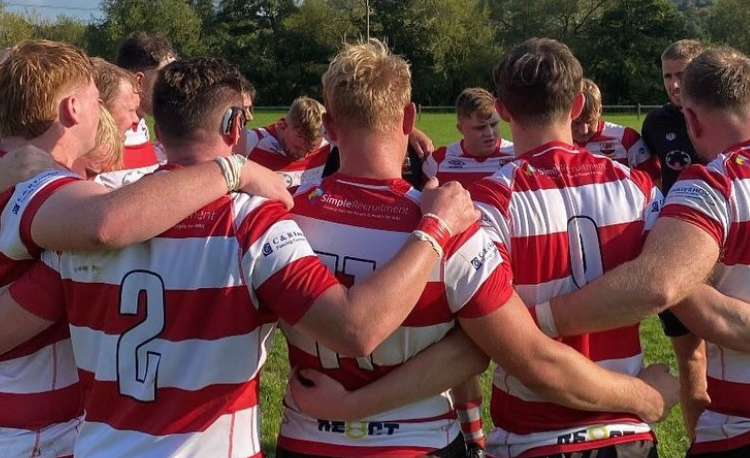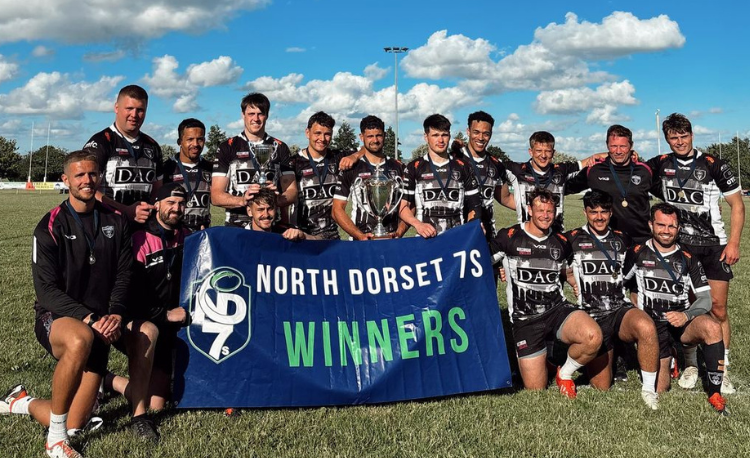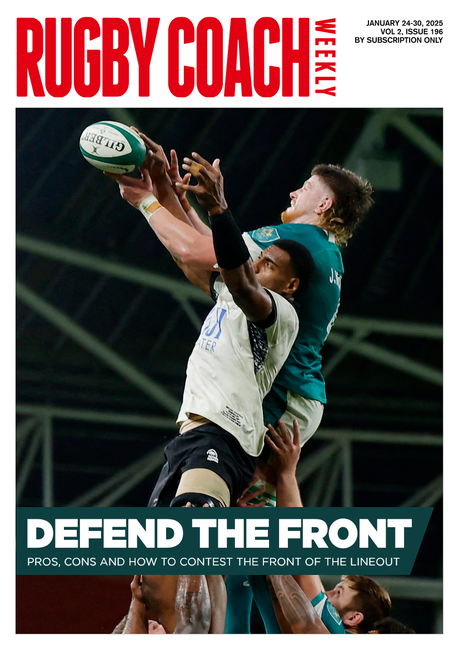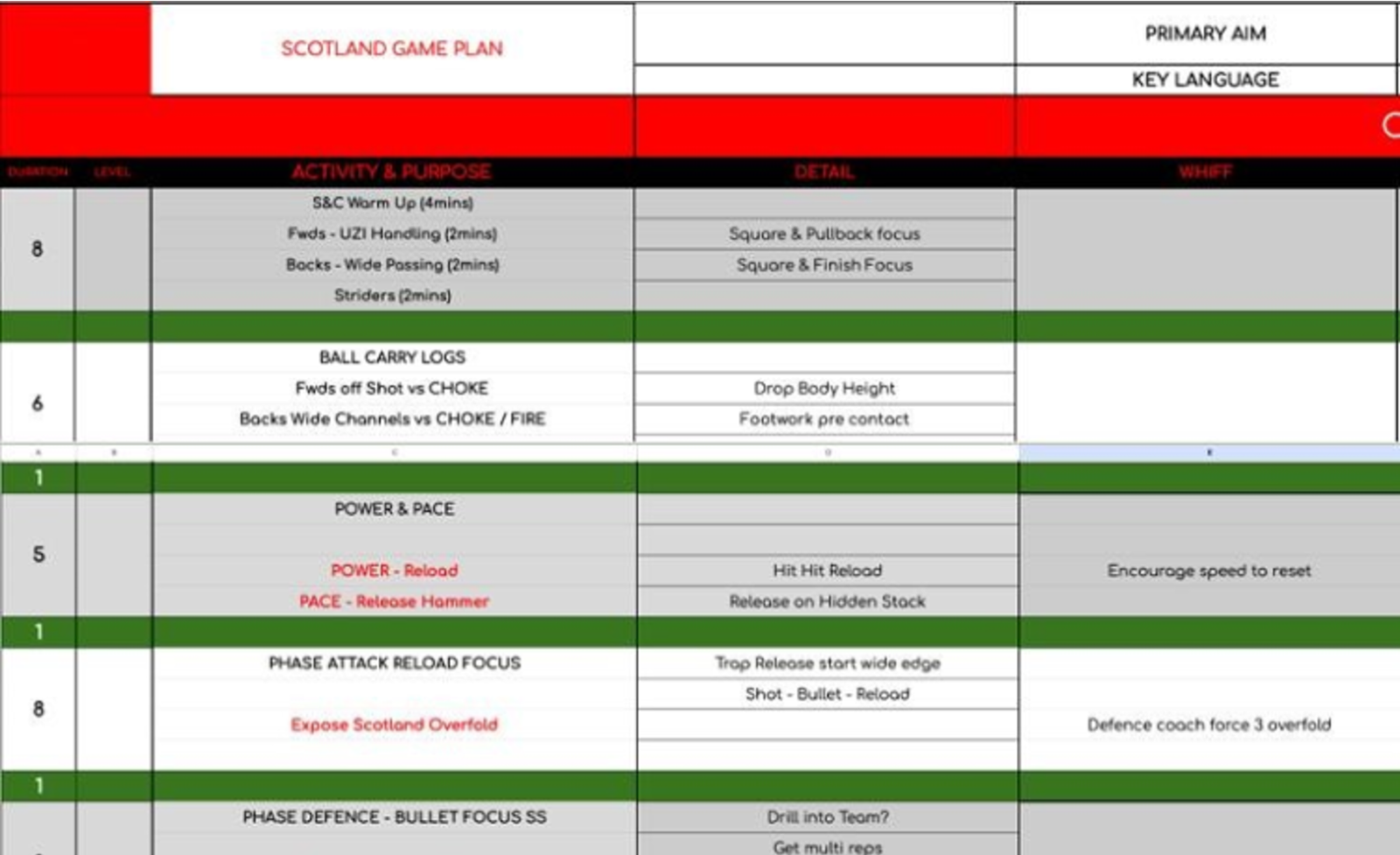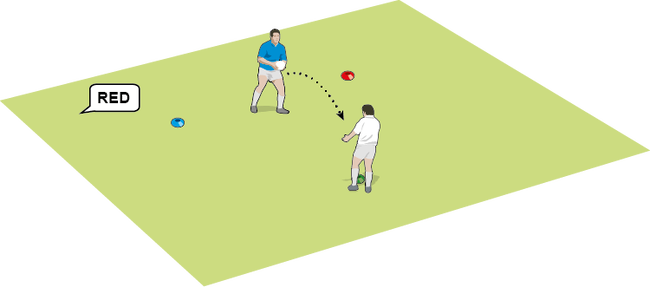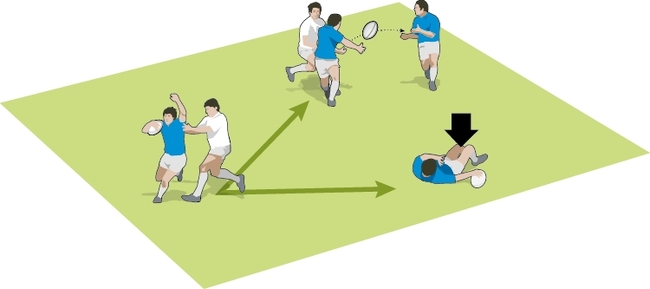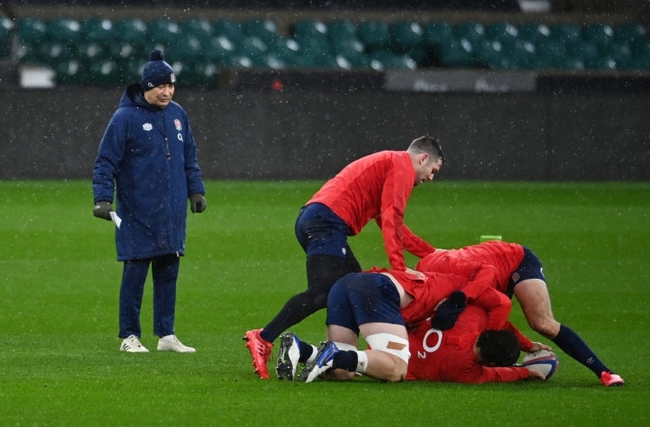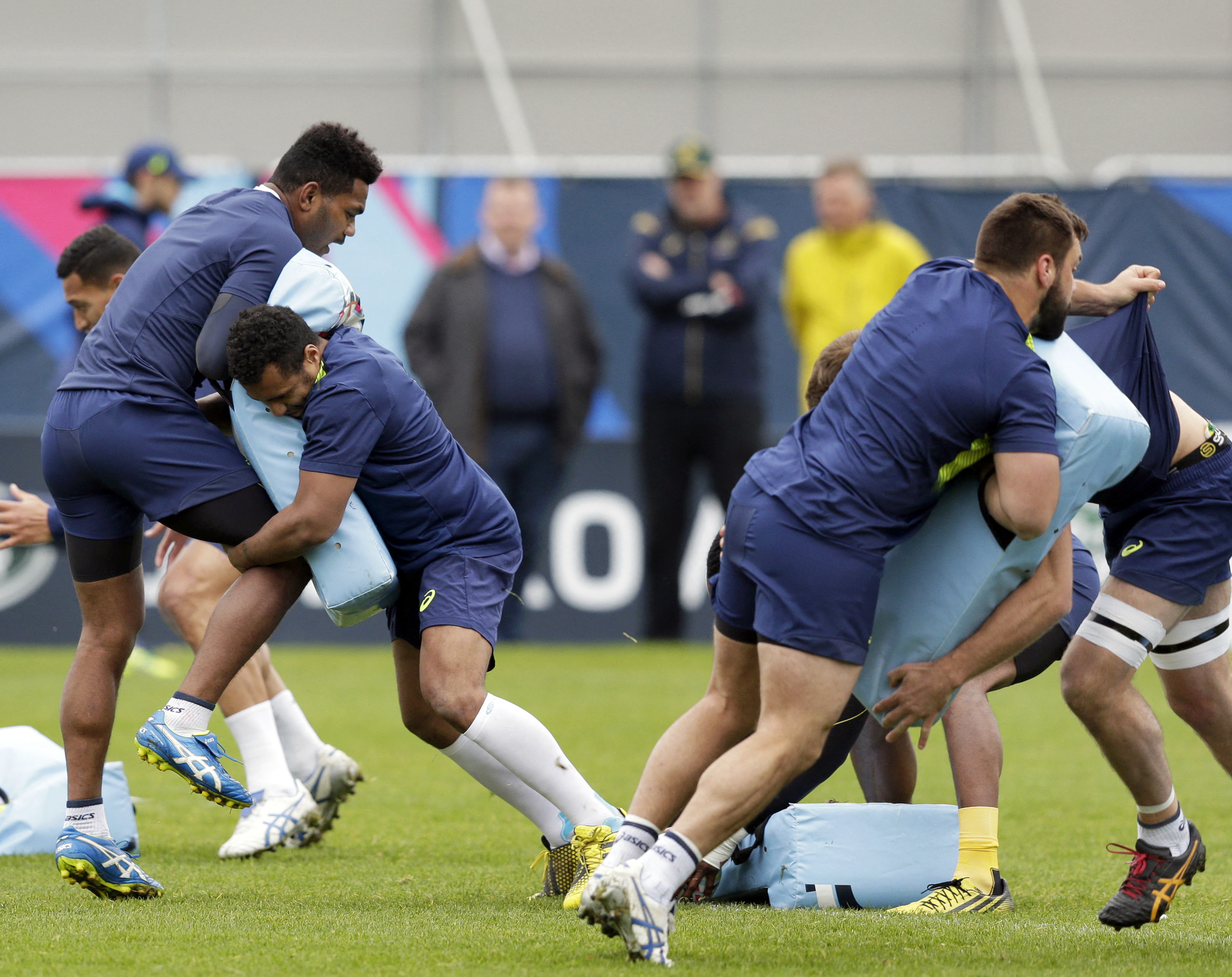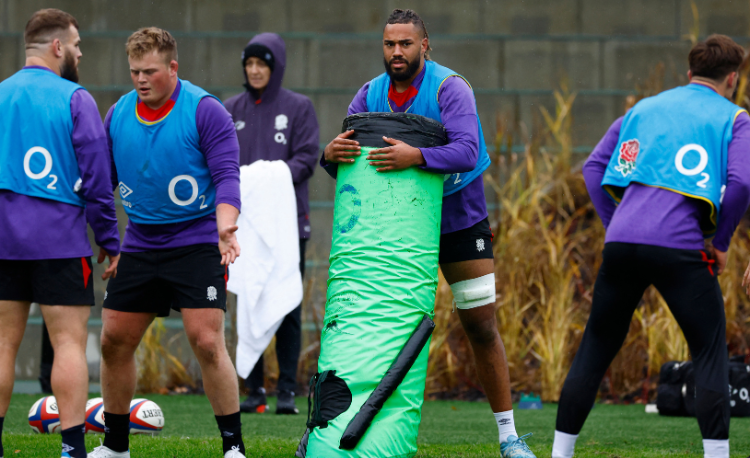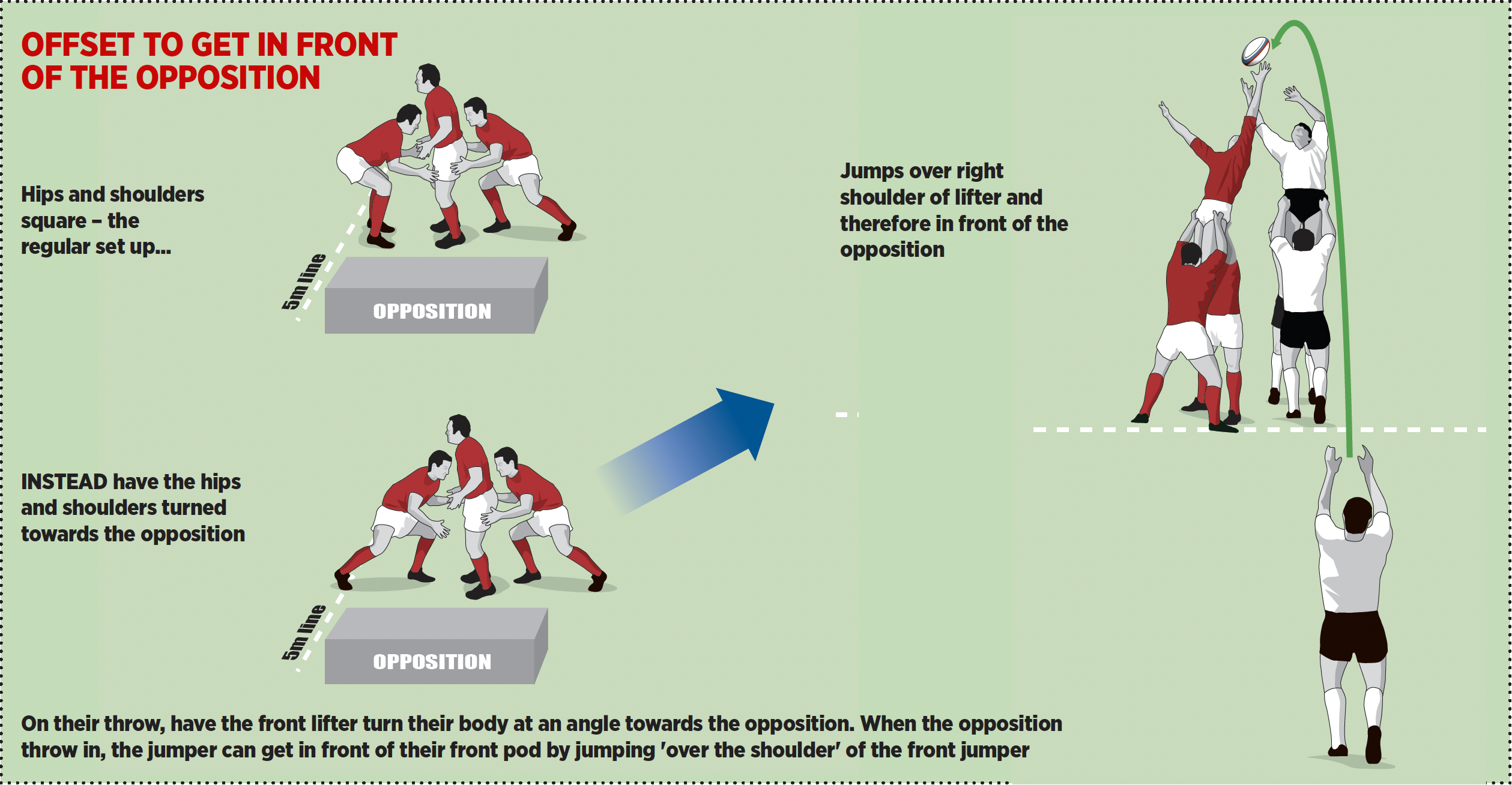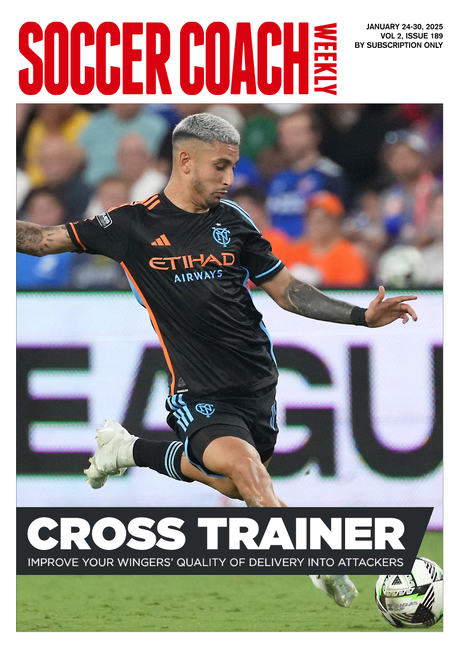Being authentic, player relationships and 'why?'
Tom Page, coach with the University of Bath and Midsomer Norton, shares his three key lessons from 10 years of performance and grassroots environments.
As an active coach for 10 years, I have been fortunate to work within several high-performing environments and across many levels within the grassroots game.
Throughout my journey so far, I have learned harsh lessons, managed both success and failure, and, most importantly, engaged in regular periods of self-reflection.
This ensures that, in a rugby world full of chaos, I remain authentic and continually revisit some of the most impactful lessons I have learned.
As a coach, it’s easy to feel like an imposter. You can let authenticity be clouded by ever-changing sessions or YouTube-taught small-sided games. It can make you step out of the role of coach, and into that of a facilitator, all while feeling the pressure to drive your team forward.
This is something I did for years: I avoided the “why?”, stepped away from the details and shied away from feedback, knowing it would highlight questions to which I didn’t have the answers.
Here are the three key lessons that I have learned...
Authenticity and vulnerability
I have found strength in becoming more vulnerable.
It is simple: Take the first step and show a glimpse of weakness by asking a player what they thought of a session, and what they believed the focus was.
A mentor once told me that, when it comes to questioning session design and assessing whether you hit your focus, “players don’t know what they don’t know.”
This new perspective allowed me the space to ask players specific questions, seek answers, and engage in meaningful self-reflection. It arms me with detail and accuracy for when I step back onto the training pitch.
I’m now always allowing myself to be vulnerable.
I ask the players how they felt the session went, invite them in during key moments of the session to add to coaching points, and check for understanding within learning moments, to know whether, as a group, we can move on, or whether we need to explore a certain area more.
This not only helps to keep the team honest about their current progression, but also helps to keep me authentic with how I approach each session together.
Asking for feedback
Feeling more confident around asking for feedback enabled me to:
- Regularly create platforms for asking questions without fear
- Read, listen and learn about areas that required more detail within the reps
- Build better connections with my players around what they thought the session’s focuses were and what areas they wanted to explore more deeply.
This approach was transformative. It has allowed me to become a more effective coach and fostered dialogue with my players, leading to stronger relationships.
I once read that "you can only coach a player to the depth of your relationship with them".
That applies heavily to the topic of feedback. If you don’t have a shared level of trust from coach to player, then you can’t access the truth behind your session, or identify the areas of development.
My advice – start asking questions and ask yourself: “How well do I know my players?”.
The ’why?’ behind session design
When it comes to planning a session, it’s widely known that "coaches are the best thieves". They steal from others to build their plans.
But when you fall into the space of replication, it’s vital to remember seeing and borrowing can only be effective if you first understand the ‘why?’ behind the inclusion of an element in your practice.
You must have questions to ask regarding its relevance, as well as possessing the creativity to envision what your version of this looks like, ensuring that it remains authentic to you.
I work more closely with my players and seek feedback more consistently. It leads to more regular self-reflection sessions, to ask myself "what my ’why?’ was".
It also allowed me to start to anticipate what a player might want or take from my session.
I question the ‘why?’ behind whether what I aimed to create, replicate or borrow was truly aligned with the needs of the group. It has pre-empted the experience my players were looking for, due to the conversations we are now having session-to-session.
This has helped shape my sessions to be more accurate, and also allowed me to step into the role of a coach and creator.
This is because it has built a more creative mind for coaching:
- Understanding how to progress and regress more effectively.
- Knowing how to shape something I’d seen or admired to be more aligned to my style of coaching and my desired outcomes.
As I coach now, I’m always conscious of my younger self, the ‘coaching thief’ who was so eager to create, replicate and adapt.
Whether that version of myself still plays a part in my coaching now I’m unsure, but what I do know is that without him trying to experience and implement everything he saw then I wouldn’t have ever stepped into a space of understanding the value in being vulnerable, seeking feedback and understanding the why.
Three questions to challenge you
- "How comfortable are you with showing vulnerability to your players, and how might this impact their willingness to provide honest feedback?"
- "When planning your sessions, do you consistently question the ’why’ behind each element, and how do you ensure it aligns with both your coaching philosophy and the needs of your players?"
- "How do you create a trusting environment where both you and your players feel confident exploring areas for improvement together?"
Related Files
Newsletter Sign Up
Coaches Testimonials

Gerald Kearney, Downtown Las Vegas Soccer Club

Paul Butler, Florida, USA

Rick Shields, Springboro, USA

Tony Green, Pierrefonds Titans, Quebec, Canada
Subscribe Today
Be a more effective, more successful rugby coach
In a recent survey 89% of subscribers said Rugby Coach Weekly makes them more confident, 91% said Rugby Coach Weekly makes them a more effective coach and 93% said Rugby Coach Weekly makes them more inspired.
Get Weekly Inspiration
All the latest techniques and approaches
Rugby Coach Weekly offers proven and easy to use rugby drills, coaching sessions, practice plans, small-sided games, warm-ups, training tips and advice.
We've been at the cutting edge of rugby coaching since we launched in 2005, creating resources for the grassroots youth coach, following best practice from around the world and insights from the professional game.
